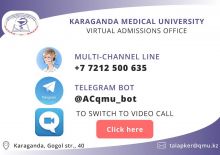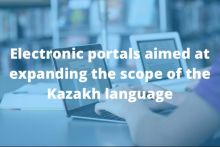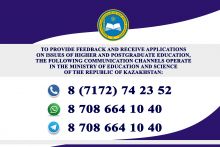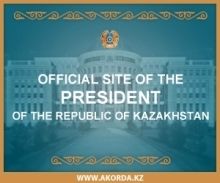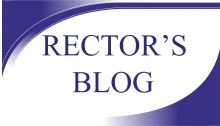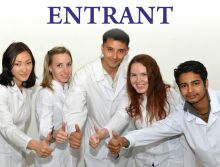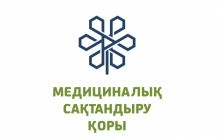New technologies in educational process
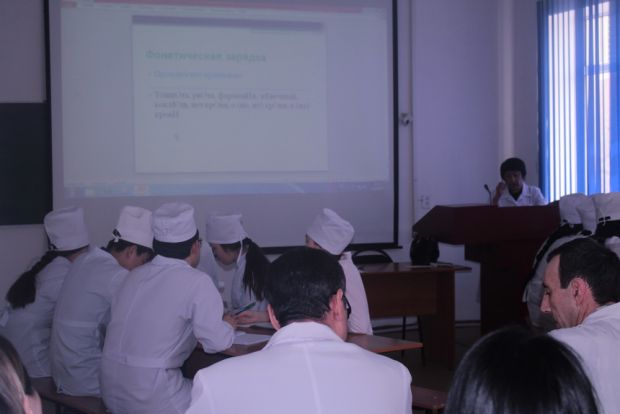
The open lesson on the subject "Russian language" with the group 1050 of specialty "General Medicine" was held on the 23th of April, 2015 on the theme: "Glimpses of history of science. Hypothesis. Experiment. Practice. Synonymy of ways of expressing of time and purpose relationships". One of the aims of this lesson was popularization of electronic technologies, so the authorial e-textbook of S.T. Uskenbaeva was actively used at the lesson. The content of practical tasks, tests and texts was full of information about the great discoveries in medicine. Both teams worked with great interest as the tasks of e-textbook were focused on the cognitive activity of students. In addition to the demonstration of the team-based learning method, the teacher used the problem-based learning method using various means of Internet technologies. The use of scientific research work in educational process contributes to the forming of a critical thinking. To achieve this aim the case-technology was used. Case-technology is a synthesis of problem-based learning, informational and communicative technologies, research methods, that are often used in distance learning. The theme of the discussion and ensuring research work of students was the problem of abortion among students and "Formation of the reproductive attitudes of students."
Integration of Internet technologies in the educational process is possible using e-mail, participating in forums, chatting, etc. Therefore, Iliyasheva Indira, Bazaralieva Dinara and Parpieva Aliya participated in the 7th International Student Science Forum held in February-March 2015 in Moscow. Their scientific work aroused great interest of the participants and was discussed in the studied language, it actualized the cognitive activity during outside doing. Students improved their writing skills, worked with network resources with the help of that they fulfilled the tasks given by the teacher. These means have a great pedagogical potential in the educational process of the higher education: their integration contributes to better professional training of future specialists. Internet resources were demonstrated at the lesson created by the community of students "Russian language" and used in extracurricular and individual work of students in the educational process: 1. hotlist (a list of Internet sites on the studied theme); 2. Multimedia scrapbook (a list of multimedia resources with references to photos, audio, video); 3. Subject sample (references to texts and multimedia materials from the discussion of controversial social and discussion topics); 4. Web-quest (scientific research work of students on the discussed theme using Internet resources).
Various work contributed to the actualization of quasi-professional communication based on the formation of linguistic competence of future specialists (skills of business communication, competent business correspondence, improving of culture of international business communication).
In our opinion, the group was able to complete all six levels of Bloom pyramid planned by the teacher. During the lesson, thanks to the warm, friendly atmosphere and exciting tasks, students felt comfortable, showed a good knowledge including the ability to carry out research work. Both students and guests left the class with excellent mood and positive emotional feeling.


